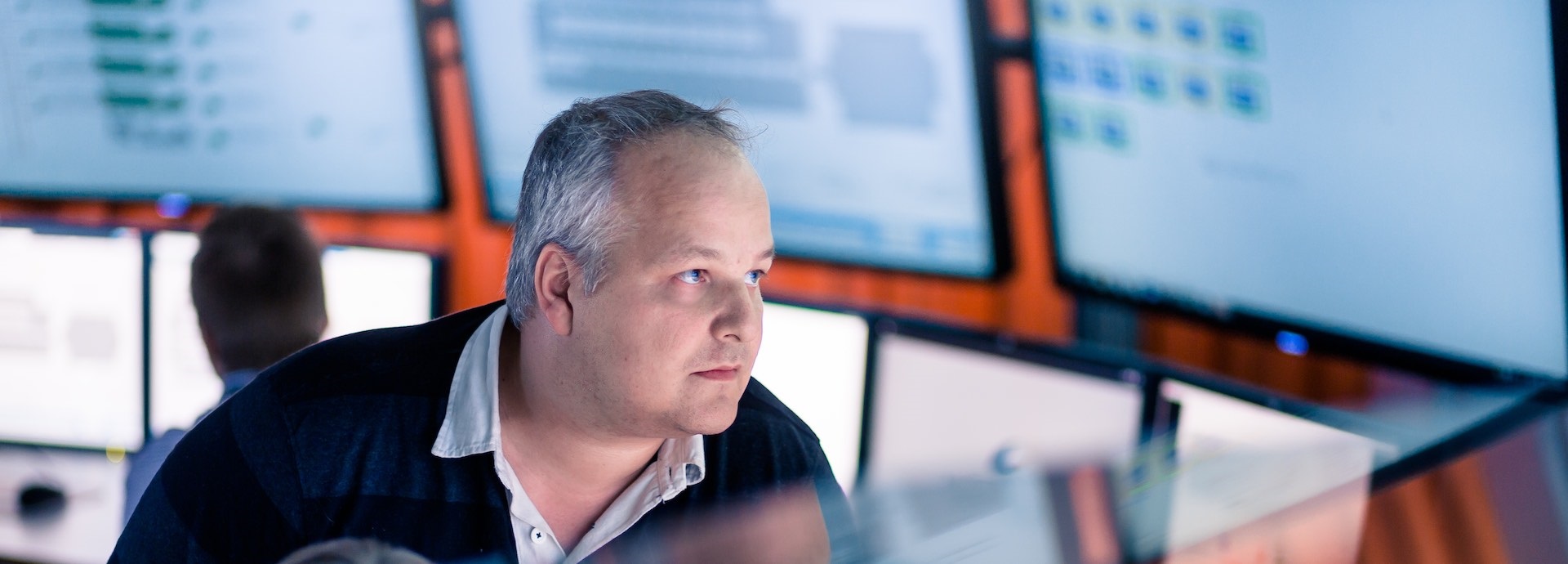

Machine learning and advanced computing are here to stay. As businesses look to increase efficiencies and improve productivity, they must lean on new technologies like Generative AI to remain competitive. But that could have a direct and large impact on jobs and the labour market.
According to a Goldman Sachs report, widespread AI adoption could eventually drive a 7% or almost USD 7tn increase in annual global GDP over ten years. But it would also expose 300 million full-time jobs to automation.
The report also states that historically, worker displacement following technological innovations has been offset by the creation of new jobs and new occupations. Not only that, it also accounts for the vast majority of long-run employment growth.
I think the use of ChatGPT is overhyped because very few industries output writing. Instead, they manufacture products, construct buildings, treat patients in hospitals or doctors' offices, or process bank loans or insurance applications. Thus, we need people to analyse processes and find ways that AI can improve those processes.
How will Generative AI impact jobs?
Renowned technology consultant Jeffrey Funk says there’s no reason yet to ring the alarm bells on advanced technologies such as ChatGPT.
“I think the use of ChatGPT is overhyped because very few industries output writing. Instead, they manufacture products, construct buildings, treat patients in hospitals or doctors' offices, or process bank loans or insurance applications. Thus, we need people to analyse processes and find ways that AI can improve those processes.”
“This will come more from niche, not generalised models. By niche, I mean models designed to improve the productivity of specific business processes, much like the software offered by Oracle, SAP, and Salesforce.com. It will likely take many years for businesses to improve these processes,” he adds.
Many experts believe we will build a subtly different relationship with generative AI in the future. This relationship will evolve as a more specific one with niche datasets and transform it from knowing everything to being embedded in our context.
Nevertheless, a significant change is underway, and we can prepare for it. Ahmed Banafa, award-winning author and Professor at San Jose State University, articulates that AI can create new job opportunities in areas such as AI development, data science, and ethical AI auditing.
To prepare for the future of work, individuals and organisations must prioritise upskilling and reskilling to ensure that they have the skills and knowledge necessary to thrive in an AI-driven world.
The future of work: risks and challenges
However, it is accompanied by several challenges, such as increased unemployment risks for workers in industries that employ manual labour or have routine tasks. Moreover, it can lead to a skills mismatch as workers may not have the necessary skills to succeed in the job market, bias because technology is only as good as the data used to train it, privacy concerns and unequal distribution of benefits.
“The impact of AI on the future of work is a complex and multifaceted issue that requires careful consideration and planning. While AI has the potential to revolutionise the way we work and improve productivity, it also poses significant challenges, including job displacement and ethical concerns.”
“To prepare for the future of work, individuals and organisations must prioritise upskilling and reskilling to ensure that they have the skills and knowledge necessary to thrive in an AI-driven world,” Banafa elaborates.
The World Economic Forum’s Future of Jobs 2023, forecasts that nearly a quarter of all jobs (23%) globally will change in the next five years. This includes 69 million new jobs created and a net reduction in 14 million jobs, or 2% of current employment.
A collective opportunity?
The report surveyed 803 companies employing more than 11.3 million workers across 27 industry clusters and 45 economies. It predicts big data analytics, climate change and environmental management technologies, encryption and cybersecurity will be the key drivers of new jobs.
Education, agriculture, digital commerce, and trade are also expected to see large-scale job growth. Administrative roles and traditional security, factory and commerce roles are expected to see the largest losses.
This churn in jobs will mean that 6 in every 10 workers will require training before 2027. WEF’s survey found that almost half an individual’s skills will need to change across jobs. This is reflected in the growing demand for skills like analytical and creative thinking, technology literacy, systems thinking, AI and big data-related skills and flexibility and resilience-related skills. This growing demand for new skills will require society to act on all fronts.
“Ultimately, the successful integration of AI into the workplace will require collaboration and dialogue between industry, academia, and government to ensure that AI is used in a way that benefits society as a whole,” says Banafa.
“By staying informed and proactive, we can navigate the changes brought about by AI and create a future of work that is both efficient and equitable,” he says.
Did you like this? Subscribe to Insights updates!
Once every six weeks, you will get the top picks – the latest and the greatest pieces – from this Insights channel by email.


